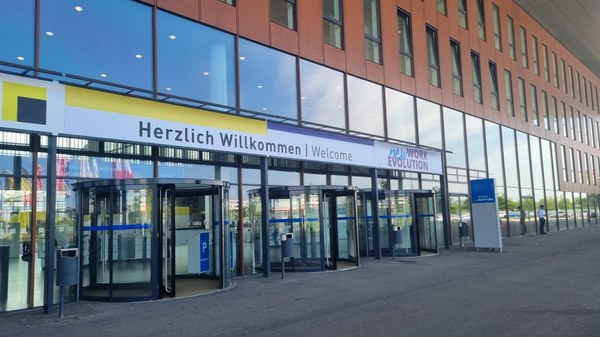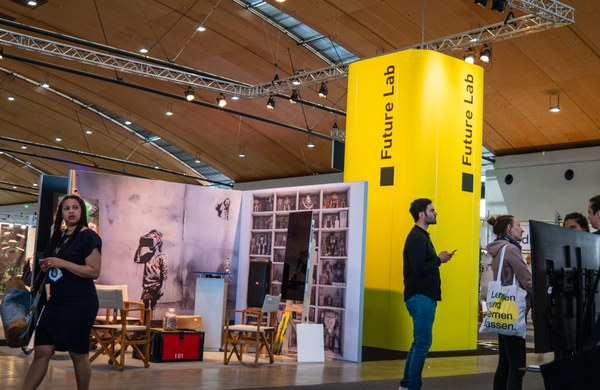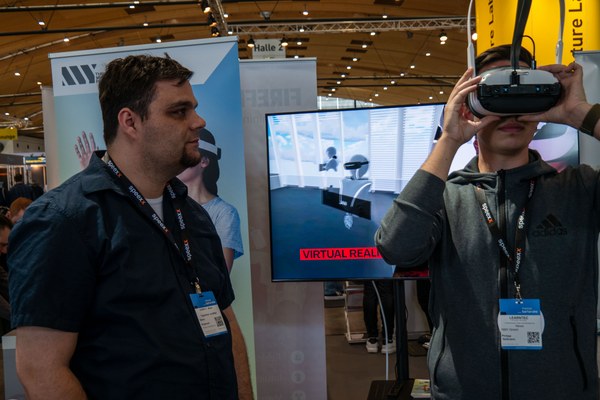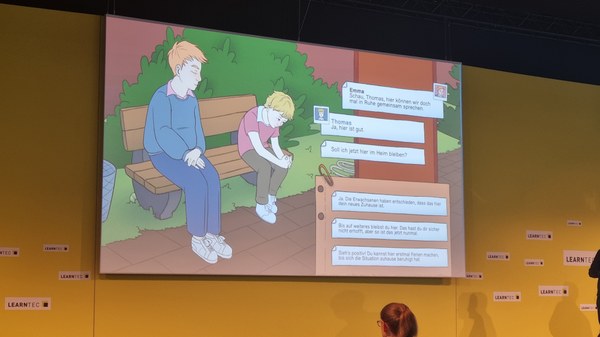28/06/2023 | NIDIT visits Learntec 2023
|
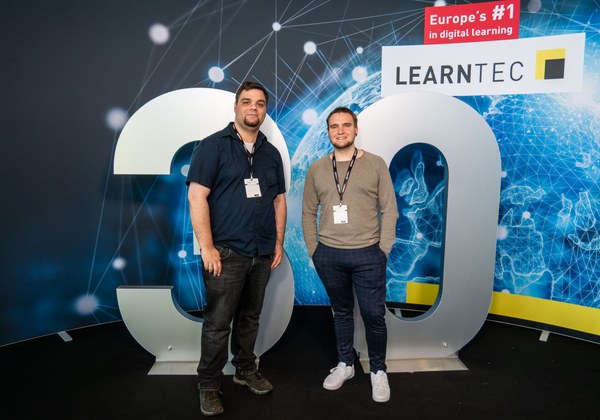 |
In 2023, NIDIT was again due to visit the Learntec education fair in May. In addition to new trends, current developments and many networking opportunities, the fair had something very special to celebrate this year: its 30th anniversary! Ramin Siegmund and Jan Gaudron spent a day at the fair and recorded their impressions. Virtual Reality (VR) and Augmented Reality (AR) were again very present in the exhibition halls this year. Visitors were able to try out the technology, software and concepts at almost every stand. It was noticeable that the focus on VR & AR has shifted compared to 2022. In the previous year, we observed that the focus was still very much on familiarising trade visitors with the technology and convincing them of the benefits of the medium. In 2023, a new aspect was added: how education providers can create their own individual or "off-the-shelf" products in the field of VR & AR. The spectrum ranged from software, platforms and training for creating virtual objects; to "one-stop-shop" solutions; to programming entire individual virtual environments by external companies. This change in the range of services offered at the fair is also reflected at the universities: after an initial phase of rapprochement with the medium, the focus is currently more on developing concrete applications. Another currently much-discussed topic that was represented at the fair was artificial intelligence (AI). Among other things, there were opportunities to try out and discuss AI-supported applications directly on site, as well as several lectures and discussion rounds on the topic of AI. In our perception, however, the topic was still treated rather cautiously at the fair. Another interesting observation was the significantly higher number of projects with innovative teaching and learning techniques in the humanities and social sciences. In the past, these were mostly an exception.
These two examples show that digital innovation can also find its way into the humanities and social sciences, and does not have to focus only on the natural sciences. All in all, this year's visit to Learntec 2023 was once again a real summer highlight. The opportunity to try out the multitude of technologies for oneself, to exchange ideas directly with representatives from education and industry and to be inspired for one's own educational work: No other trade fair does this as well as Learntec. |

